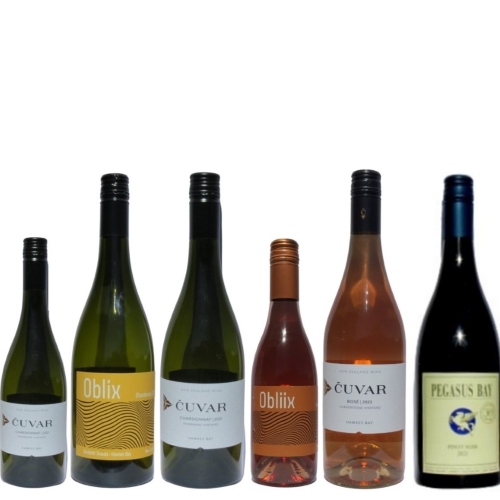
Middle Earth Wines new release
It has taken a while but the first 2020 vintage new release wine crossed my desk, and my tongue soon after, last week. The Middle Earth Pinot Meunier Rose 2020 is everything the vintage promised.
Earlier in the year winemakers were able to bring in and process this year’s harvest during level four lockdown conditions, they only get to harvest the grapes and make their product once a year so the government allowing wineries to operate under very strict conditions was hugely appreciated by the sector.
One of the saving graces of bringing in the harvest with a very small teams working with strict social distancing requirements was the fantastic vintage conditions. In recent years we have seen rain appear during harvest and that has put wineries under pressure to get grapes picked and processed quickly, this year the grapes could be harvested over a longer period as different varieties reached optimum ripeness levels without the threat of rain ruining the crop.
I have been waiting not so patiently for the wines from 2020 to hit the shelves. Unlike previous years when I was able to visit wineries during vintage to taste grapes on the vine, freshly pressed juice or partially fermented wines this year I have been forced to wait with everyone else to taste the vinous treats that have resulted from the wonderful vintage conditions. Many wine regions claiming it to be one of the very best, if not the best, vintage in the last 20 years or more.
So does the first 2020 wine to cross my palate meet my heightened expectations? Absolutely! Made from Pinot Meunier grapes rather than Pinot Noir the wine will always have slightly more savoury characters, when you combine the natural characters of the variety with beautifully ripe fruit that was handled with care in the winery the result is a delicious wine.
Very pale salmon pink in colour and aromas packed with sweet fruit notes wrapped around a lovely mineral note and flavours that hang from a beautiful ripe-acid backbone. The delicate river stone-like minerality adds a twist of complexity to the fruit flavours. This is a serious, dry style rose that delivers on the promises made by stunning vintage conditions and will be a regular visitor to our fridge this summer.
This week’s recipe from the great chefs at Hopgood’s & Co is the perfect entrée for a dinner party, Head Chef Aaron Ballantyne says “it’s very easy to make, can be made ahead of time and just sliced when you are ready to serve”.
Aaron recommends accompanying the salmon with a simple salad of cooked baby beetroot with fresh sliced apple, raw thinly sliced fennel, toasted walnuts, and watercress. Drizzle with good quality extra virgin olive oil and a squeeze of lemon juice and serve with horseradish cream on the side.
Beet & apple cider cured salmon with horseradish cream

Serves 4
Cured Salmon Ingredients
½ side of Regal King Salmon, skin removed
250ml Cider
300g of raw beetroot, diced
1 apple, peeled and diced
¼ tsp fennel seeds
¼ tsp coriander seed
½ bunch dill, chopped
150g of caster sugar
150g of rock salt
Method
- In a small saucepan, reduce the cider by half, then cool. Blend the cider reduction, beetroot, apple, fennel seeds, coriander seeds, dill, sugar, and sea salt in a food processor to make the cure.
- Pin bone and trim the salmon then ay onto a large tray and pour the cure over. Cover with cling film then leave in the fridge for 12 hours.
- Turn the salmon over and cure for another 12-24 hours.
- Pour off the juices, wash off the cure and pat the salmon dry.
- Thinly slice the salmon and serve with a salad of fresh sliced apple, raw thinly sliced fennel, toasted walnuts, and watercress.
- Drizzle with good quality extra virgin olive oil and a squeeze of lemon juice and serve with horseradish cream on the side.
Horseradish cream
½ cup sour cream
¼ cup horseradish sauce
½ tbsp lemon, zest & juice
Salt & pepper
In a medium bowl, whisk together the sour cream with the horseradish. Add the lemon zest and juice, then season to taste with salt and pepper.
Refrigerate for 30 to 60 minutes before using.
Published in the Nelson Mail 29.07.20



